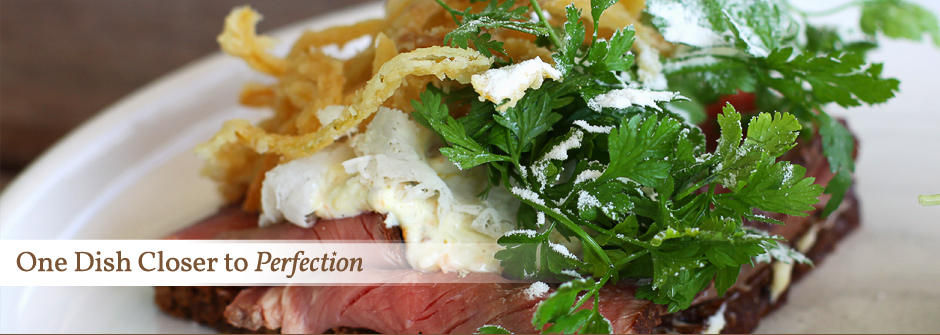Interview with Anna Colquhoun: Food and Class
 Monday, April 28, 2014 at 8:36PM
Monday, April 28, 2014 at 8:36PM  Photo courtesy of Anna Colquhoun
Photo courtesy of Anna Colquhoun
Meet Anna Colquhoun, chef, cooking teacher, food writer, and consultant on BBC Radio 4's, The Kitchen Cabinet. Anna is also studying the MA Anthropology of Food at the School of Oriental and African Studies. How she finds time to do all these things is wonder to me.
In this podcast I talk to Anna about her research interests: food and social media, seasonal and local food, and food, class and space in London. Here is a short video introducing Anna and some of the themes touched on in the interview:
In looking at food and social media, I ask Anna whether she thinks the rise of food in social media - for example, people tweeting their dinners - reflects an increased interest in food in the UK more generally or whether it might be distancing us from the food issues today. I am particularly interested in whether, like me, she has noticed a paradox between the rise of celebrity chefs, cooking programmes and food in social media in contrast with a general decline in cooking skills, as people buy more pre-prepared food and eat out more.
I'm also interested in finding out where Anna stands on debates around seasonal and local food, particularly with how this ties in with debates around ethical consumption.
Food, class and space in London is a new topic for me and I ask Anna to elaborate on how these issues intersect.
I have called this interview 'Food and Class' because, although we talk about her three different research interests, class is a running theme throughout. I hope you enjoy the podcast.
If you are interested in finding out more about Anna, or attending one of her classes or supperclubs, you can find all the information you need and more on her website: http://www.culinaryanthropologist.org/
 Britain,
Britain,  London,
London,  class,
class,  ethics,
ethics,  food production,
food production,  local,
local,  seasonal,
seasonal,  social media in
social media in  Podcasts & videos
Podcasts & videos 




